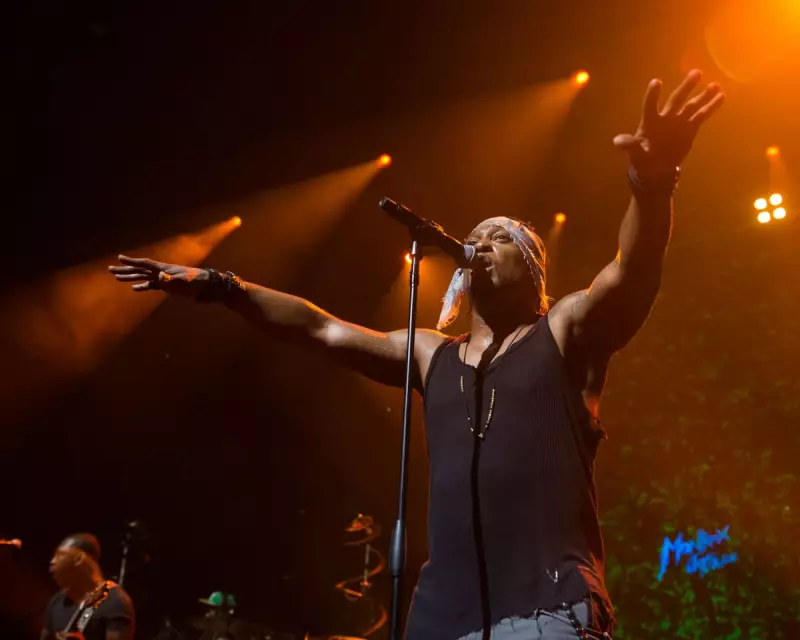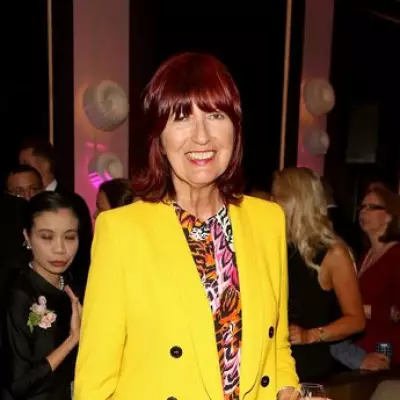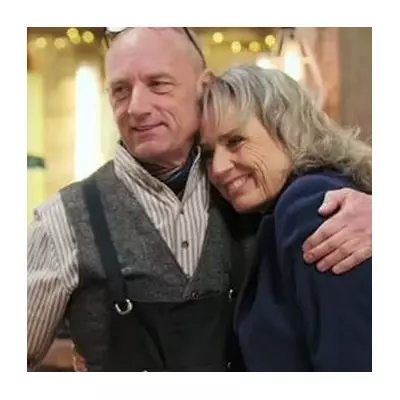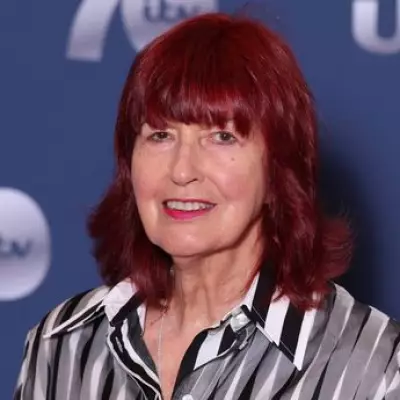
In a revelatory new interview that's sending ripples through the music world, the enigmatic soul legend D'Angelo has finally acknowledged what many have long suspected: the profound and foundational influence Black women have had on his groundbreaking sound.
The Unseen Architects of a Soul Revolution
For decades, D'Angelo has been celebrated as one of R&B's most innovative voices, yet the true architects behind his musical philosophy have remained largely in the shadows. Now, the reclusive artist is shining a long-overdue spotlight on the female powerhouses who shaped his artistic DNA.
'Their voices were my first education,' D'Angelo reveals, speaking with rare candour about the gospel queens and R&B pioneers who formed his musical consciousness. 'From the church choirs of my childhood to the radio waves that filled our home, it was always their strength, their vulnerability, their sheer technical mastery that showed me what was possible.'
From Gospel Roots to Neo-Soul Revolution
The interview traces a direct line from the raw power of gospel's leading women through to the neo-soul movement D'Angelo helped pioneer. He speaks with particular reverence about:
- The technical brilliance of Aretha Franklin's vocal arrangements
- The emotional honesty of Nina Simone's storytelling
- The innovative production approaches of overlooked 70s soul singers
- The contemporary fearlessness of artists like Erykah Badu and Jill Scott
A Legacy of Musical Debt
What emerges is a portrait of an artist deeply conscious of standing on the shoulders of giants - particularly female giants whose contributions have often been minimised in music history. D'Angelo doesn't just acknowledge their influence; he positions it as central to everything he's created.
'When people talk about my sound, they're really hearing generations of Black women's innovation filtered through my perspective,' he notes with characteristic humility. 'The harmonies, the rhythms, the very way I approach melody - it all comes back to what I learned from them.'
Correcting the Historical Record
This candid acknowledgment comes at a crucial moment in music discourse, as the industry grapples with properly crediting Black women for their foundational contributions to popular music. D'Angelo's testimony serves as both tribute and correction - an important recalibration of creative genealogy.
'Maybe if more artists were this honest about their debts, we'd have a truer understanding of how music actually evolves,' the piece suggests, positioning D'Angelo's revelation as both personal confession and industry challenge.
The interview doesn't just reshape our understanding of D'Angelo's music; it offers a powerful model of artistic acknowledgment that could transform how we document musical influence for generations to come.





